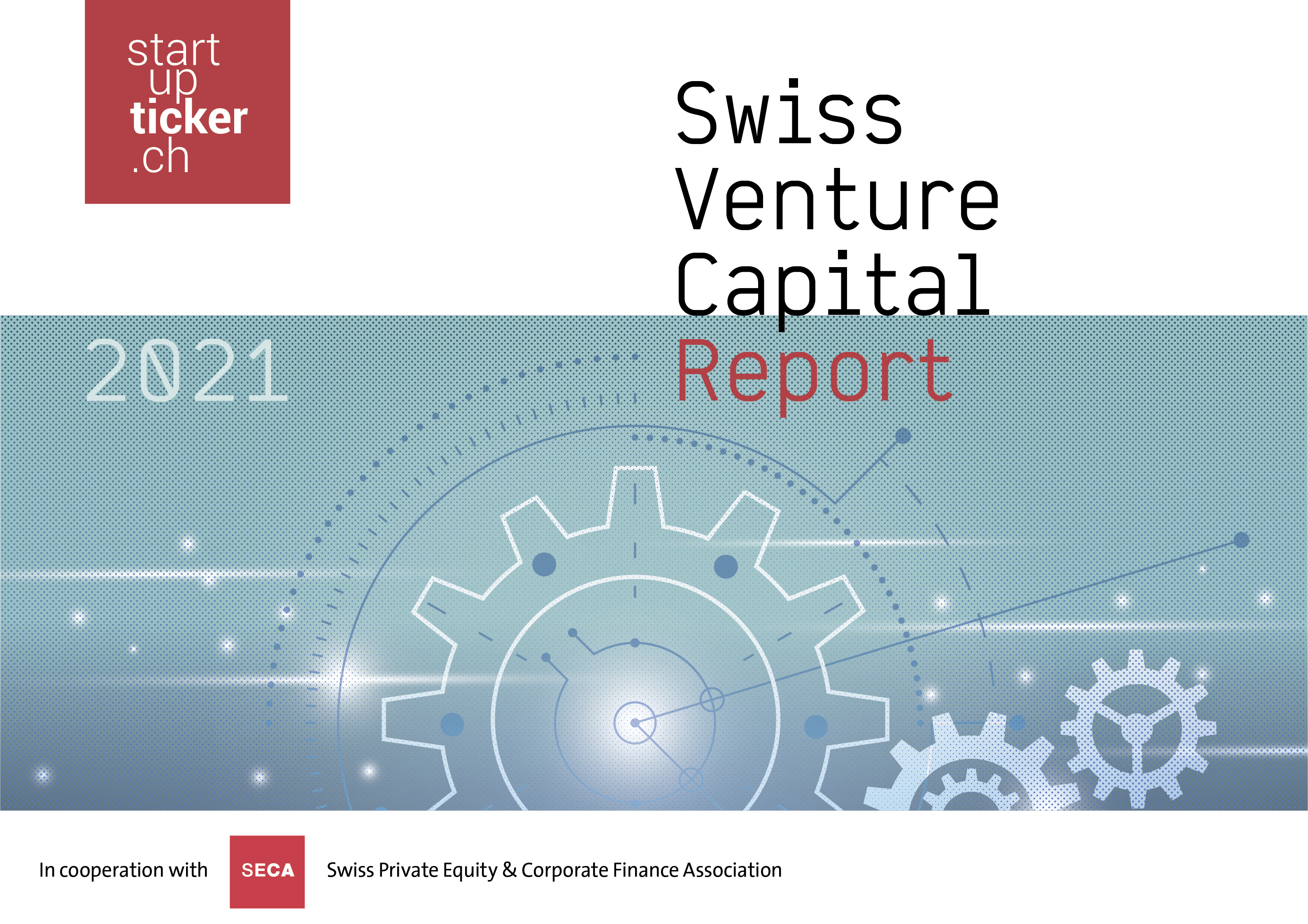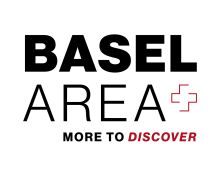
With nearly four billion people living in cities, urbanisation is causing problems of health, pollution and environmental impact, and raising issues of mobility. 70% of the world’s greenhouse gas emissions come from urban areas and 90% of the world’s population lives in an area where the air quality is below the level suggested by the WHO. In order to collect data on these urban parameters, several systems exist, but they are limited in terms of analysis possibilities and incur high maintenance costs. Furthermore, with measurements only made a few times a year and in a limited radius, these current systems do not show the real mapping of urban areas.
To facilitate the implementation of concrete actions, Sparrow Analytics has developed a system for digitising the urban environment using mobile sensors attached to public utility vehicles (taxis, buses, etc.). While driving around the city, the sensors scan and measure in real time various urban parameters such as air pollution, noise pollution or the concentration of gases in the atmosphere. Thanks to all the sensors, Sparrow Analytics is able to draw up a precise map of the urban area analysed according to the various factors. Using artificial intelligence, the data collected is then analysed and prioritised in the form of reports that allow cities to identify and solve problems related to their own priorities.
The team, composed of five seasoned entrepreneurs, collaborated with the EPFL to develop its solution. For the development of its project, the startup also obtained the support of Innovaud and the SPEI. By 2022, the startup hopes to increase its number of customers and increase its sensor production tenfold by 2023. The Tech Seed loan will enable Sparrow Analytics to carry out new pilot projects and boost its commercial development.
(Press release / ES)


 The new Swiss Venture Capital Report was published on 26 January. It analyses 304 financing rounds closed in 2020 and includes further article such as an interview with Michael Hengartner, President of the ETH Board, and a list of Swiss "soonicorns".
The new Swiss Venture Capital Report was published on 26 January. It analyses 304 financing rounds closed in 2020 and includes further article such as an interview with Michael Hengartner, President of the ETH Board, and a list of Swiss "soonicorns". 




















































Please login or sign up to comment.
Commenting guidelines